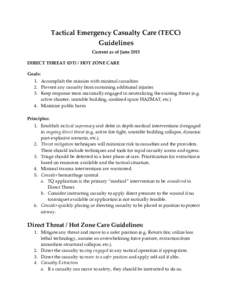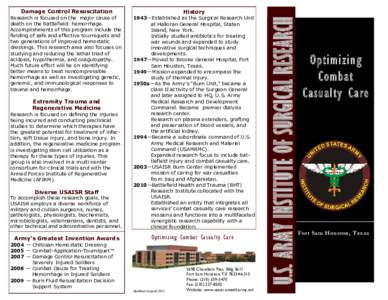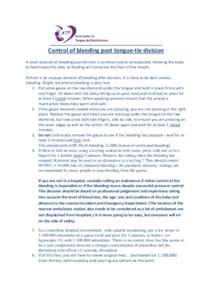<--- Back to Details
| First Page | Document Content | |
|---|---|---|
 Date: 2010-01-31 12:11:26First aid Medical emergencies Injuries Medical equipment Emergency bleeding control Tourniquet Hematology Bleeding Head injury Medicine Health Emergency medicine |
Add to Reading List |
 Trail Medicine #17 Hiking -Related Injuries: Treatment by David B. Tyler , M.D. Dr. David Tyler is a surgeon from Syracuse and a partner of Dr. John
Trail Medicine #17 Hiking -Related Injuries: Treatment by David B. Tyler , M.D. Dr. David Tyler is a surgeon from Syracuse and a partner of Dr. John



